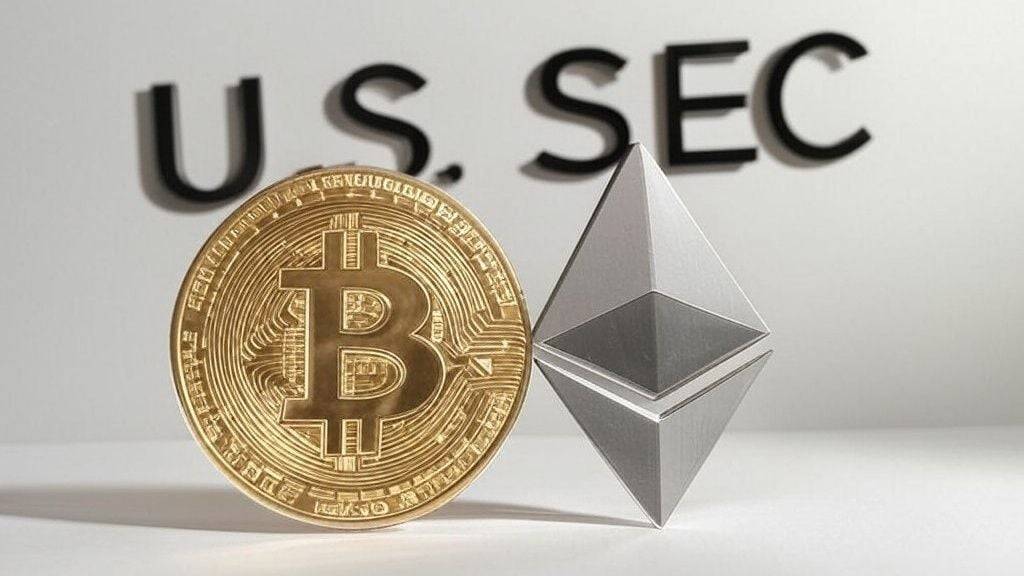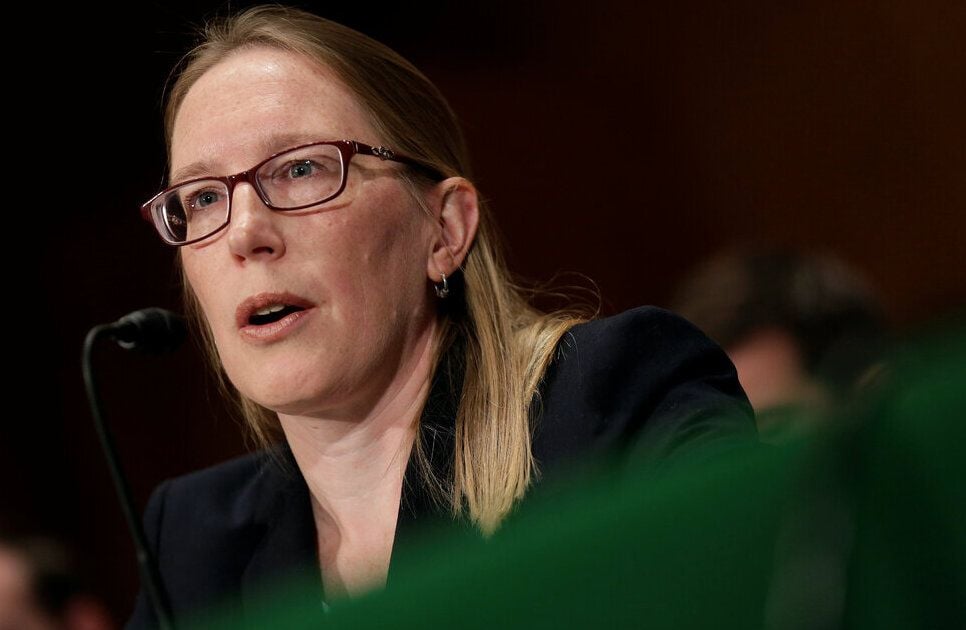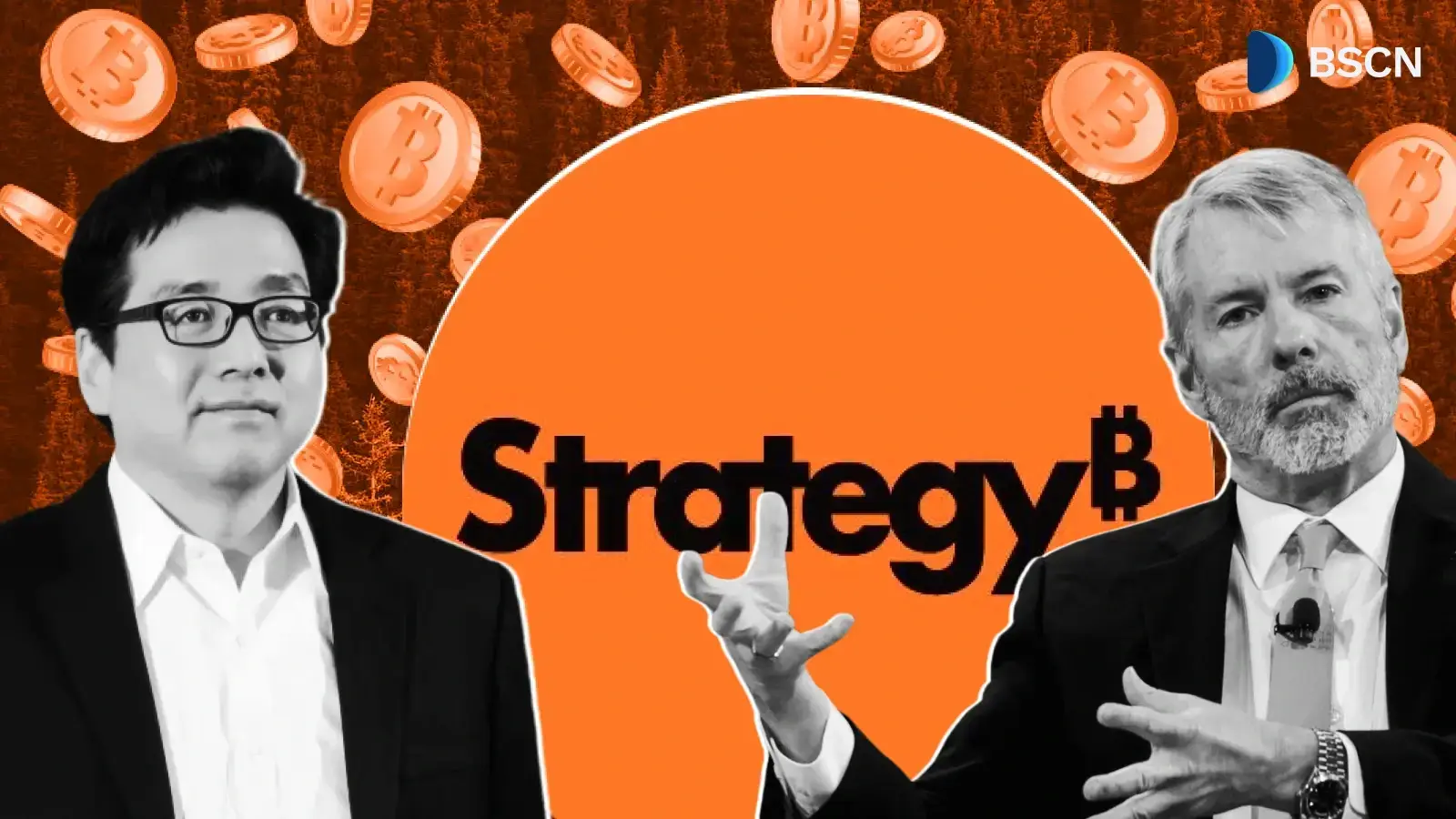SEC Rescinds ‘Anti-Crypto’ SAB 121, Brings SAB 122

The new guidance, SAB 122, permits custody of digital assets without this burdensome requirement, though risks must still be disclosed.
Soumen Datta
January 24, 2025
Table of Contents
The U.S. Securities and Exchange Commission (SEC) has officially withdrawn its controversial Staff Accounting Bulletin (SAB 121), a decision that marks a turning point in the regulation of digital assets.
The SEC's move comes with the introduction of a new bulletin, SAB 122.
The SEC's Decision to Rescind SAB 121
On Thursday, the SEC announced that it was revoking SAB 121, which was introduced in 2022. SAB 121 required financial institutions to treat cryptocurrency assets held for platform users as liabilities on their balance sheets. This directive led to significant concerns within the financial and crypto industries, as it posed challenges to the development and scaling of digital asset services.
The new guidance, SAB 122, offers a more flexible approach. It allows financial institutions to custody digital assets without the need to record them as liabilities. However, the SEC has stated that entities must still disclose any risks and obligations associated with safeguarding crypto assets. This shift comes after a period of intense debate and criticism from various stakeholders, including lawmakers and industry professionals.
Why Was SAB 121 Controversial?
SAB 121 had faced criticism from multiple fronts. The American Bankers Association argued that it restricted banks' ability to develop digital asset products and services at scale.
The bulletin also faced strong opposition from both Republican and Democrat lawmakers, who viewed it as a barrier to innovation in the digital asset sector. Critics claimed it created unnecessary complexity and created an uneven playing field for crypto platforms.
Even within the SEC, there were opposing views. Commissioner Hester Peirce argued that SAB 121 added unnecessary complexity, creating confusion and hindering the growth of the crypto sector.

The backlash was so intense that Congress passed a joint resolution seeking to overrule the guidance, although former President Joe Biden vetoed it, maintaining the regulation for a time.
A Shift in Regulatory Strategy
The rescinding of SAB 121 comes under the leadership of SEC Acting Chairman Mark Uyeda. Under his guidance, the SEC has taken a more flexible and accommodating approach to cryptocurrency regulation, a stark contrast to the harsher stance taken during former Chairman Gary Gensler’s administration. Many in the crypto industry have welcomed this change, seeing it as a sign of the SEC moving toward a more supportive regulatory environment.
The SEC's shift in approach comes at a time when the broader political landscape in the U.S. is also shifting in favor of crypto. President Trump, shortly after his inauguration, announced the formation of a government task force to review and possibly ease digital asset regulations.
Impact on Financial Institutions and the Crypto Industry
With SAB 121 officially rescinded, financial institutions can now custody digital assets without recording them as liabilities, a move that simplifies their accounting processes. The new guidance under SAB 122 encourages broader compliance with accounting standards, such as U.S. GAAP contingency rules and IFRS guidelines.
This change is particularly significant for banks that wish to offer crypto-related products, such as exchange-traded products. Without the restrictive liabilities mandate, banks will be better positioned to offer crypto services at scale, reducing the control non-bank entities have over the market. This, in turn, could promote a more competitive and diversified digital asset ecosystem.
Industry leaders have reacted positively to the SEC’s decision. Senator Cynthia Lummis, a long-time advocate for digital assets, expressed her approval, calling SAB 121 “disastrous for the banking industry” and a hindrance to American innovation. Many key figures in the crypto space echoed similar sentiments, with some calling it a “win” for the industry.
Furthermore, Trump’s administration has already taken steps to support crypto through executive orders and task force initiatives aimed at creating a clearer and more balanced regulatory framework for digital assets.
Read Next...
Disclaimer
Disclaimer: The views expressed in this article do not necessarily represent the views of BSCN. The information provided in this article is for educational and entertainment purposes only and should not be construed as investment advice, or advice of any kind. BSCN assumes no responsibility for any investment decisions made based on the information provided in this article. If you believe that the article should be amended, please reach out to the BSCN team by emailing [email protected].
Author
 Soumen Datta
Soumen DattaSoumen has been a crypto researcher since 2020 and holds a master’s in Physics. His writing and research has been published by publications such as CryptoSlate and DailyCoin, as well as BSCN. His areas of focus include Bitcoin, DeFi, and high-potential altcoins like Ethereum, Solana, XRP, and Chainlink. He combines analytical depth with journalistic clarity to deliver insights for both newcomers and seasoned crypto readers.
Crypto Project & Token Reviews
Project & Token Reviews
Comprehensive reviews of crypto's most interesting projects and assets
Learn about the hottest projects & tokens





















